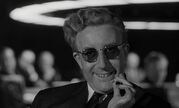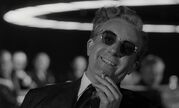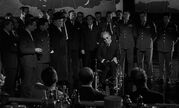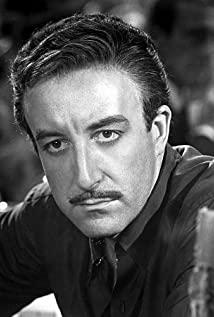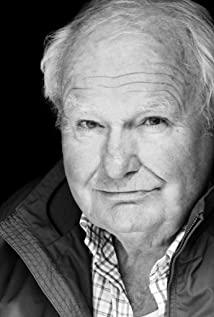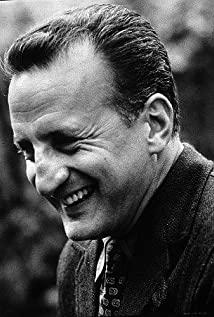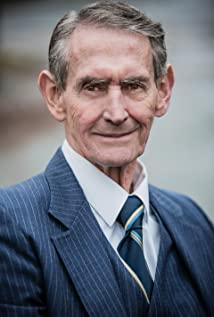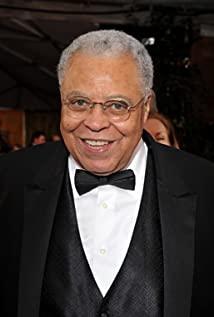Dr. Strangelove wears sunglasses, always has a creepy crooked mouth, and smiles uncomfortably. He can't stand up in a wheelchair all the year round, and his right hand can't be controlled and sometimes twitch. But it is this crazy maniac who decides the military technology and political decisions of a country. This is a paranoid terrible and ridiculous figure. This film tells the story of the ultimate destruction of the world by nuclear war. "Dr. Strangelove" was released in 1964 and is still a classic film in the world. The filming and release of "Dr. Strangelove" was at the time of the United States and Soviet Union. During the Cold War, Kubrick's "Dr. Strangelove" imagined a world where all fears came true and nuclear war was imminent. U.S. bombers launched a general attack on the Soviet Union; waiting for them was the Soviet Union's "doomsday device". The soul character of the whole film, Dr. Strangelove, appeared very late and did not have many scenes, but even if he was disabled, he was very terrifying. He mistakenly called the president the head of state many times, and even overcame the paralysis and stood up from the wheelchair. He represents the image of the Nazis. In short, this anti-war film satirizes the society under the shadow of the Cold War from all aspects.
View more about Dr. Strangelove or: How I Learned to Stop Worrying and Love the Bomb reviews



